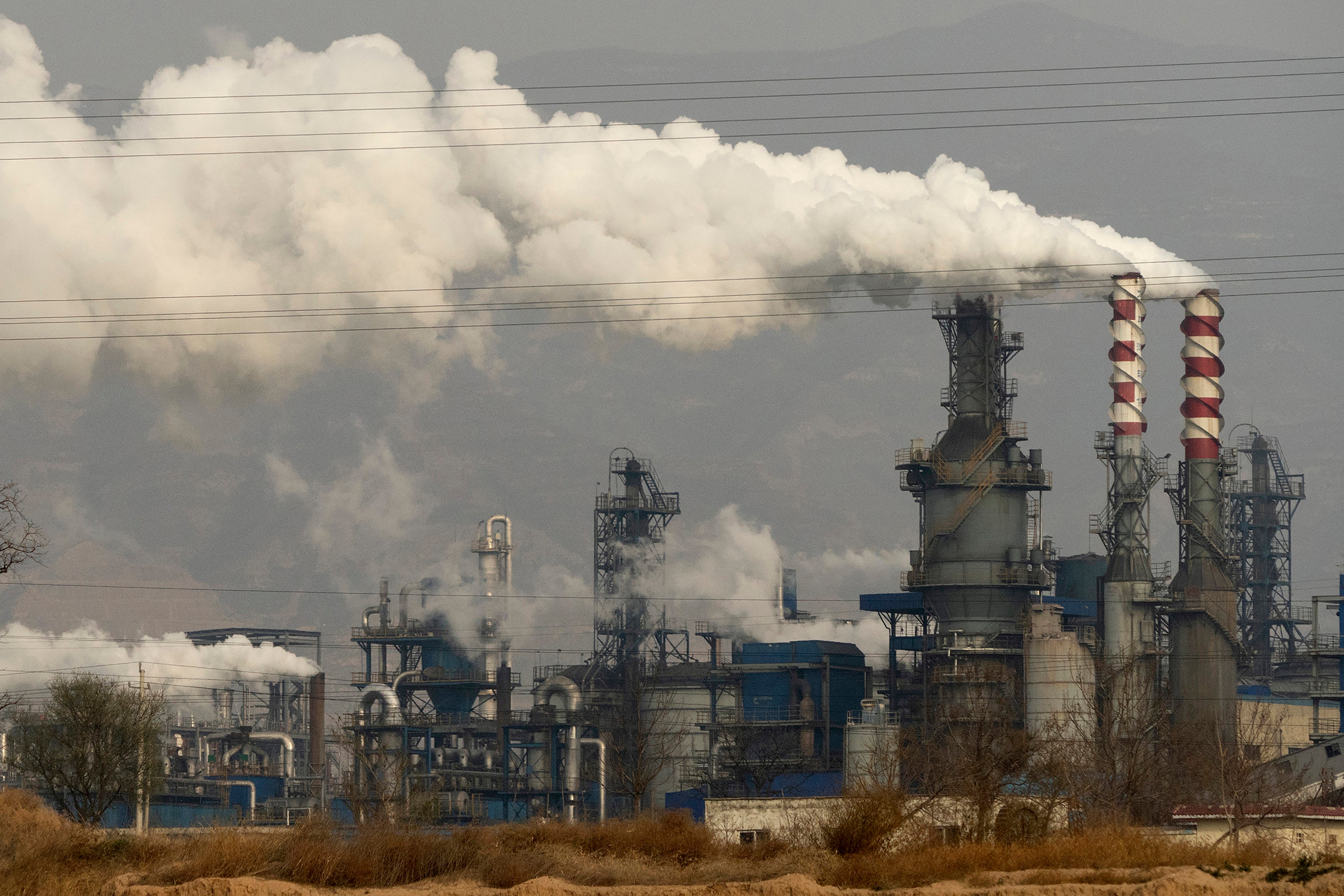Goldman Sachs cuts China growth outlook amid power crisis
The banking giant’s forecast follows after similar downgrades from other financial firms

Your support helps us to tell the story
From reproductive rights to climate change to Big Tech, The Independent is on the ground when the story is developing. Whether it's investigating the financials of Elon Musk's pro-Trump PAC or producing our latest documentary, 'The A Word', which shines a light on the American women fighting for reproductive rights, we know how important it is to parse out the facts from the messaging.
At such a critical moment in US history, we need reporters on the ground. Your donation allows us to keep sending journalists to speak to both sides of the story.
The Independent is trusted by Americans across the entire political spectrum. And unlike many other quality news outlets, we choose not to lock Americans out of our reporting and analysis with paywalls. We believe quality journalism should be available to everyone, paid for by those who can afford it.
Your support makes all the difference.A power crisis in China has led to “significant downside pressures” that will make the country’s economy grow at a slower pace of 7.8 per cent this year, according to Goldman Sachs.
The banking giant, in a note on Tuesday, said it revised its growth forecast for the country from its earlier 8.2 per cent projection because of deep industrial output cuts and energy shortages.
At least 44 per cent of China’s industrial activity has been affected, according to the forecast. The Asian powerhouse is attempting to reconcile its official energy-use targets even as energy demands have surged among the country’s citizens and industries, leading to a widespread power crisis.
The crisis, compounded by environmental controls, supply problems and surging prices for coal, have added to China’s challenges.
The country is striving to peak its carbon emissions by 2030, even though its primary electricity-generating plank is coal.
The crisis has led to massive energy shortages in the three provinces of Heilongjiang, Jilin and Liaoning, where residents are facing power cuts and calls by authorities to limit the use of energy-intensive appliances, as temperatures continue to dip in many areas.
China consumes more energy per unit of economic output than developed countries, making it one of the world’s biggest emitters of climate-changing industrial gases.
The power shortage, analysts pointed out, could extend and spill over to many industrial sectors amid rising demand for coal and natural gas in the winter season.
One potential large-scale consequence of the power crisis could see an impact on global supply chains on the heels of a festive year-end shopping season, hampering raw material supplies needed for regional manufacturing.
Supply chains in Asia have already been disrupted and trade upended as a result of the coronavirus pandemic.
Another mounting concern for China has been a potential crumbling of Evergrande, one of the country’s biggest real-estate giants. The firm is on the brink of defaulting on billions of dollars of debt.
“Considerable uncertainty remains with respect to the fourth quarter, with both upside and downside risks relating principally to the government’s approach to managing the Evergrande stresses, the strictness of environmental target enforcement and the degree of policy easing,” Goldman said in its note.
The Goldman downgrade follows a similar move by other firms, such as Nomura, which reduced its full-year forecast to 7.7 per cent from 8.2 per cent and Morgan Stanley, which warned that China’s growth in the fourth quarter could be knocked off by one percentage point if production cuts prolong.


Join our commenting forum
Join thought-provoking conversations, follow other Independent readers and see their replies
Comments